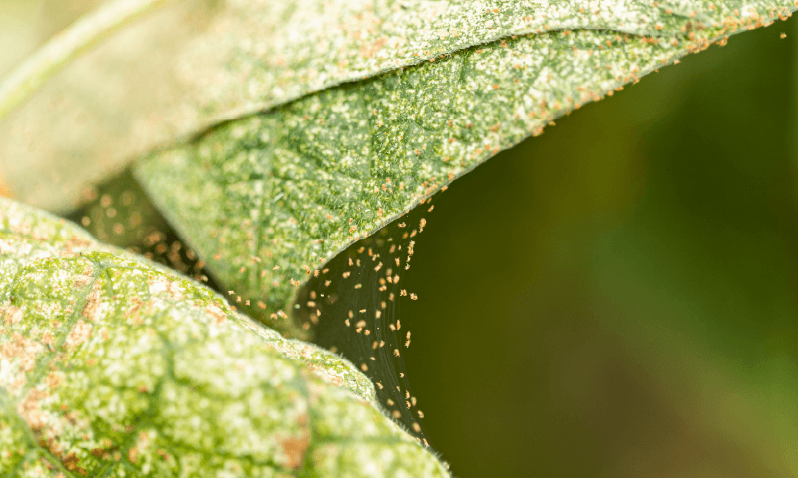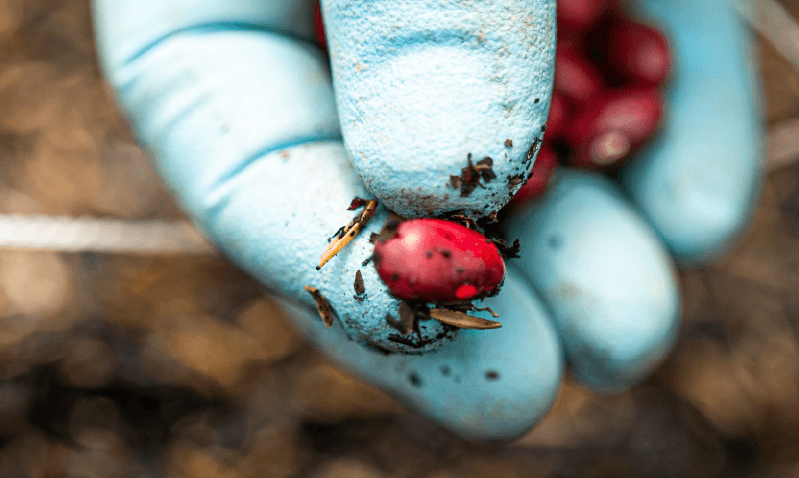Posted on agosto 30, 2021 by Monica Vera

What do we do?
We promote the reduction of chemical pesticides by encouraging the monitoring of crops in search of pests and the definition of their incidence levels for more precise control. This might encompass Integrated Crop Management techniques, including biological alternatives to pesticides and cultural and physical control practices to the pests. If chemical products are needed, they must be applied based on real-time information, and when no other alternatives are working; growers are also prohibited from using banned chemicals as listed by the World Health Organization, U.S. EPA, European Union authorities, the Pesticides Action Network and national laws.
The use of pesticides
From the earliest times in the development of agriculture, there was a need to combat pests that affected crops and products with the use of substances capable of maintaining the plantations safe. The earliest recorded instance of pest control is the ancient Sumerians using sulfur compounds to kill insects. This is an activity that not only remained in agricultural development but was also used in the flower industry.
Contamination by pesticides
The daily use of these traditional chemicals for pest control in the wrong way, can contribute to the environmental crisis in agriculture and makes it difficult to preserve ecosystems and natural resources. Its indiscriminate use can also affect the health of rural communities and urban consumers, especially when used in food products.
Environmental contamination by pesticides can be caused by their irresponsible use in crops, inadequate washing of container tanks, leaks in storage tanks, and discharged waste, amongst others.
Biological Pesticides?
We know that pesticides are key in agriculture, however, there are responsible ways to implement their use, and a large number of alternatives for these substances such as biological products, biocontrol, and different techniques included in the IPM approach. At FSF we encourage growers to use these alternatives that make flower production safer and more eco-friendly.
This is one of the many reasons why
When you buy a FSF Flower you buy sustainable beauty






